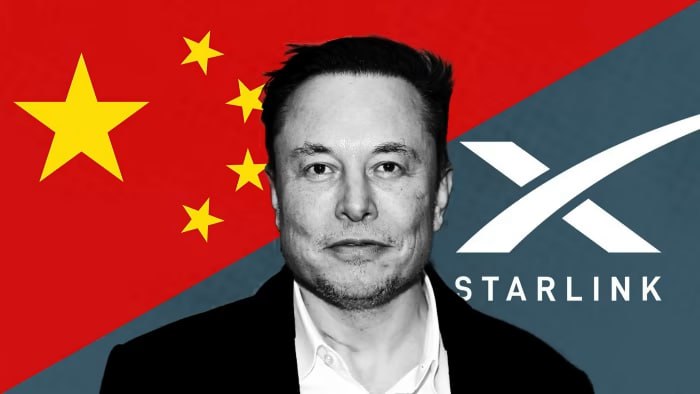China Has Challenged Starlink With New Rocket Launch.
China has taken a significant leap in the global satellite internet race with the successful launch of its Long March 8A rocket. This inaugural mission, conducted from the Wenchang ****** e Launch Site in Hainan province, deployed a series of low-Earth orbit (LEO) satellites, underscoring Beijing's commitment to establishing a ****** e-based internet network to rival Elon Musk's Starlink.
Deployment of LEO Satellites: The Long March 8A's payload consisted of multiple LEO satellites, which are pivotal for China's expansive ****** e-based internet initiatives. These satellites operate at altitudes between 300 to 2,000 kilometers, offering advantages in transmission efficiency and cost-effectiveness.
International Collaborations: ****** esail, one of China's prominent satellite networks, has forged partnerships with entities in Brazil and Malaysia, aiming to extend its services beyond domestic borders. Notably, ****** esail has agreements with Brazilian partners to launch services in the country, reflecting China's strategic move to enhance its global presence in satellite internet services.
While ****** eX's Starlink has already deployed over 7,000 satellites, providing near-global coverage, China's recent endeavors signify a robust effort to bridge the gap. Companies like Geespace, a subsidiary of Geely, have also entered the fray, launching 10 LEO satellites to expand their constellation, with plans to deploy nearly 6,000 satellites in the future.
The satellite internet sector is witnessing intensified competition, with Amazon's Project Kuiper also preparing to launch its services. As these developments unfold, the global race to provide ubiquitous satellite-based internet access is becoming increasingly dynamic.
#Technology #Starlink #ElonMusk #China #Satelite #thursday

